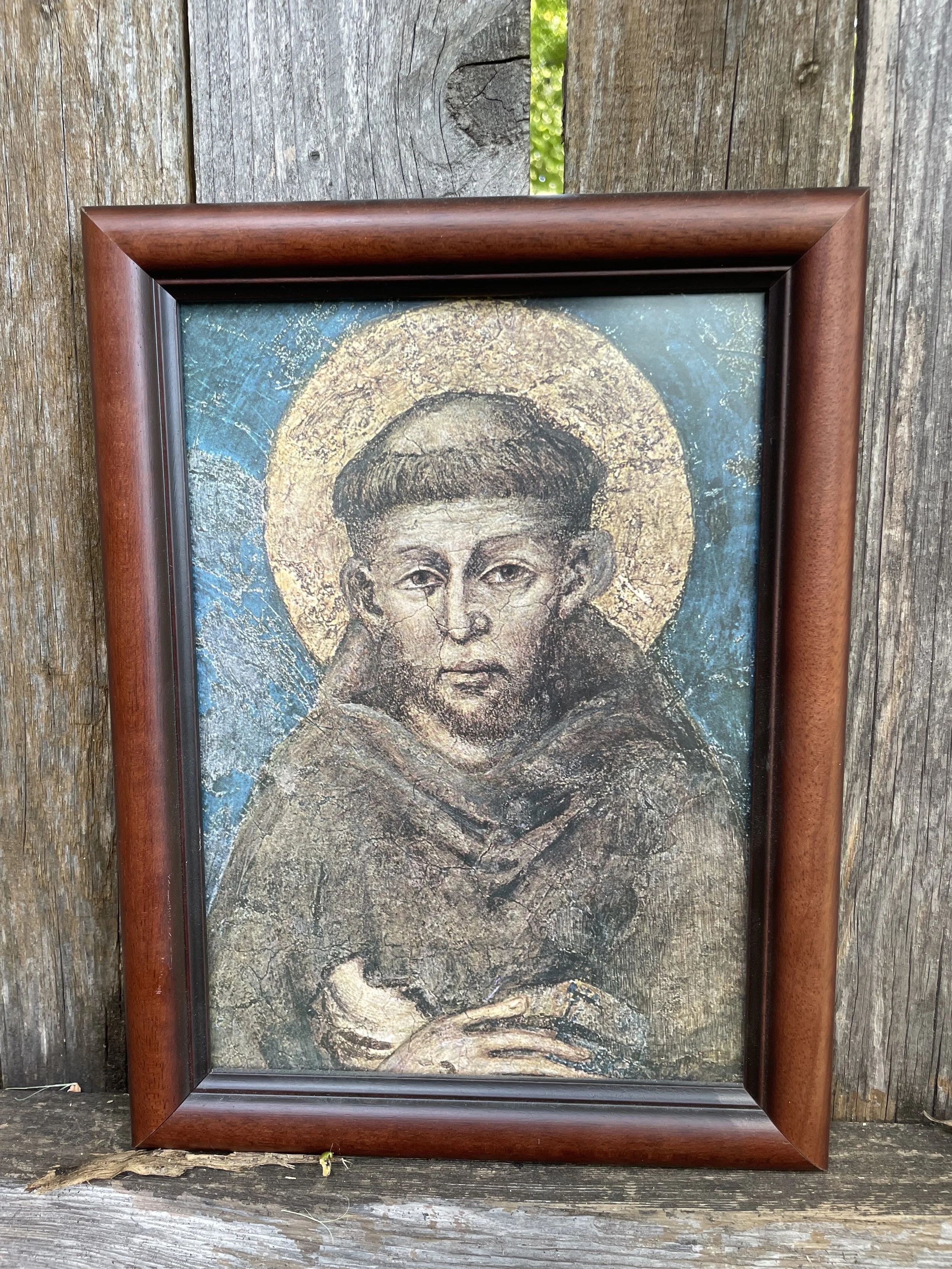This page privileges no-paywall, English-language translations of major Victorine & Franciscan theologians, as well as associated teaching & commentary.
FOUNDATIONS
If you’re looking to become oriented in the Victorine-Franciscan theological tradition, start to build your understanding from these foundations.
Dr. Boyd Taylor Coolman on Early Franciscan Theology [video]: Start here: Boyd Taylor Coolman describes the continuity and development of Early Franciscan theology, starting from Hugh of St. Victor and the Victorines and including St. Francis, Alexander of Hales and the Summa Halensis, St. Bonaventure, Scotism and the absolute predestination of Jesus Christ and Mary.
Bonaventure with Dr. Kevin Hughes
A Reader in Early Franciscan Theology: The Summa Halensis (Schumacher and Bychkov, ed.s, trans.s). A small but valuable selection of texts from the Summa Halensis, the foundational document of Franciscan scholastic theological culture. A very rich theological resource in its own right, the Summa Halensis is invaluable for understanding the theological conversations happening in Paris in the 13th century, Franciscan and otherwise.
VICTORINES
HUGH OF ST VICTOR
Primary Texts:
On the Sacraments of the Christian Faith (De Sacramentis) trans. Deferrari
The Didascalicon, trans. Taylor
Resources:
Boyd Taylor Coolman Introduces Hugh of St. Victor
RICHARD OF ST VICTOR
Primary Texts
On the Trinity, Book 1 (trans. Jonathan Couser)
Selected Writings on Contemplation (trans. Clare Kirchberger)
Resources
“Richard of St Victor on the Trinity” by Kevin Storer [video]
THOMAS GALLUS
“Love Above Knowledge in Thomas Gallus” by Boyd Taylor Coolman [video]
FRANCISCANS
THE SUMMA HALENSIS, ALEXANDER OF HALES & EARLY FRANCISCANS
Primary Texts:
A Reader in Early Franciscan Theology: The Summa Halensis (Schumacher and Bychkov, ed.s, trans.s)
Resources:
The Summa Halensis: Sources and Context (Ed., Lydia Schumacher) [open access]
The Summa Halensis: Doctrines and Debates (Ed., Lydia Schumacher) [open access]
The Legacy of Early Franciscan Thought (Ed., Lydia Schumacher) [open access]
Early Thirteenth Century English Franciscan Thought (Ed. Lydia Schumacher) [open access]
ST BONAVENTURE
Primary Texts:
The Life of St Francis of Assisi
The Journey of the Mind into God (trans. Oleg Bychkov)
Commentary on the Sentences: Philosophy of God (trans. Houser & Noone)
Resources:
Bonaventure with Dr. Kevin Hughes [video]
Bonaventure by Dr. Lydia Schumacher [video]
BL JOHN DUNS SCOTUS
Primary Texts:
Philosophical Writings (trans. Allan Wolter)
Resources:
The Philosophical Theology of John Duns Scotus by Allan Wolter OFM
The Transcendentals and their Function in the Metaphysics of Duns Scotus by Allan Wolter OFM
WIILLIAM OF OCKHAM
Primary Texts:
SOR MARÍA DE ÁGREDA
Primary Texts:
Resources
“Mary of Agreda’s Scotism” by Dr. R. Trent Pomplun [video]
OTHER HELPFUL WEBSITES
FRANCISCAN AUTHORS, 13TH TO 18TH CENTURY (by Maarten van der Heijden and Bert Roest)
THE ABSOLUTE PRIMACY OF CHRIST (by Fr. Maximilian Mary Dean)

